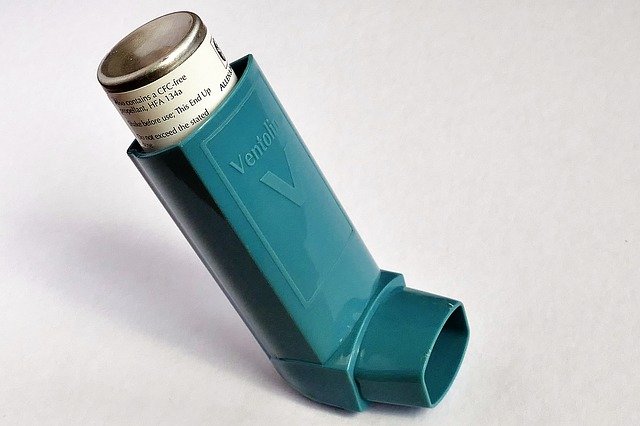
Asthma is a common chronic inflammatory disease of the airways of the lungs.
It is a serious health condition that affects more than 26 million Americans.
May is Asthma and Allergy Awareness Month, and researchers want to bust common asthma myths that have been around for many years.
According to allergist Todd Mahr, MD, president of the American College of Allergy, Asthma, and Immunology (ACAAI), there are five big myths about asthma people need to know.
Myth: You can “outgrow” your asthma.
Truth: There’s no cure for asthma.
However, there are ways you can control the condition and do all the activities you enjoy.
Your doctor can help identify the things that trigger your asthma and build a plan to help avoid and manage these triggers.
You may also take prescribed drugs to control the condition.
Myth: If you have asthma, you shouldn’t exercise.
Truth: Many elite athletes have asthma can still do sports they love.
Research has shown that exercise makes the heart and lungs stronger and improves the immune system.
Exercises like walking, swimming, hiking, and biking can be very beneficial for people with asthma.
Myth: Asthma medications can be addictive and dangerous.
Truth: There are many different asthma medications. Some need to be used regularly to prevent symptoms, but others are only needed when you have an asthma attack.
For each drug, you need to consider the risks and benefits. Currently, no asthma drugs in the U.S. are habit-forming or addicting.
There may be a concern with long-term use in children, because these medications may influence how fast a child grows.
Myth: Steroids used to treat asthma are the same ones athletes use to build body.
Truth: Inhaled steroids used for asthma are not the same as anabolic steroids used to build muscle.
The steroids used for the treatment of asthma are anti-inflammatory drugs, not hormones.
Research has shown that nasal steroid sprays are very effective and relatively inexpensive. In addition, drugs don’t have a lot of side effects.
Myth: It is okay to stop taking asthma medications if you feel good.
Truth: You need to work with your allergist to decide what medications you should be on, and the dosage.
When your asthma is controlled via daily activity plans and medications, you may feel you don’t need the drugs anymore.
However, you need to talk with your doctor to determine the change of your drugs. You may not need quick-relief medications because they are only useful in urgent situations.
Copyright © 2019 Knowridge Science Report. All rights reserved.



